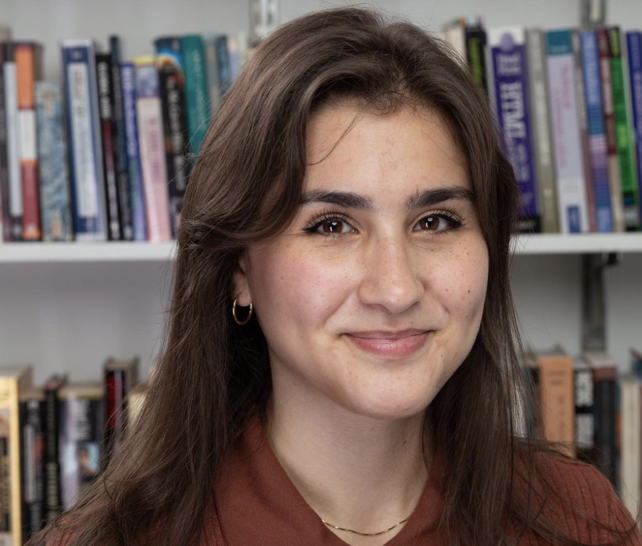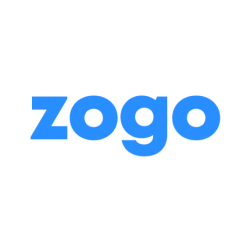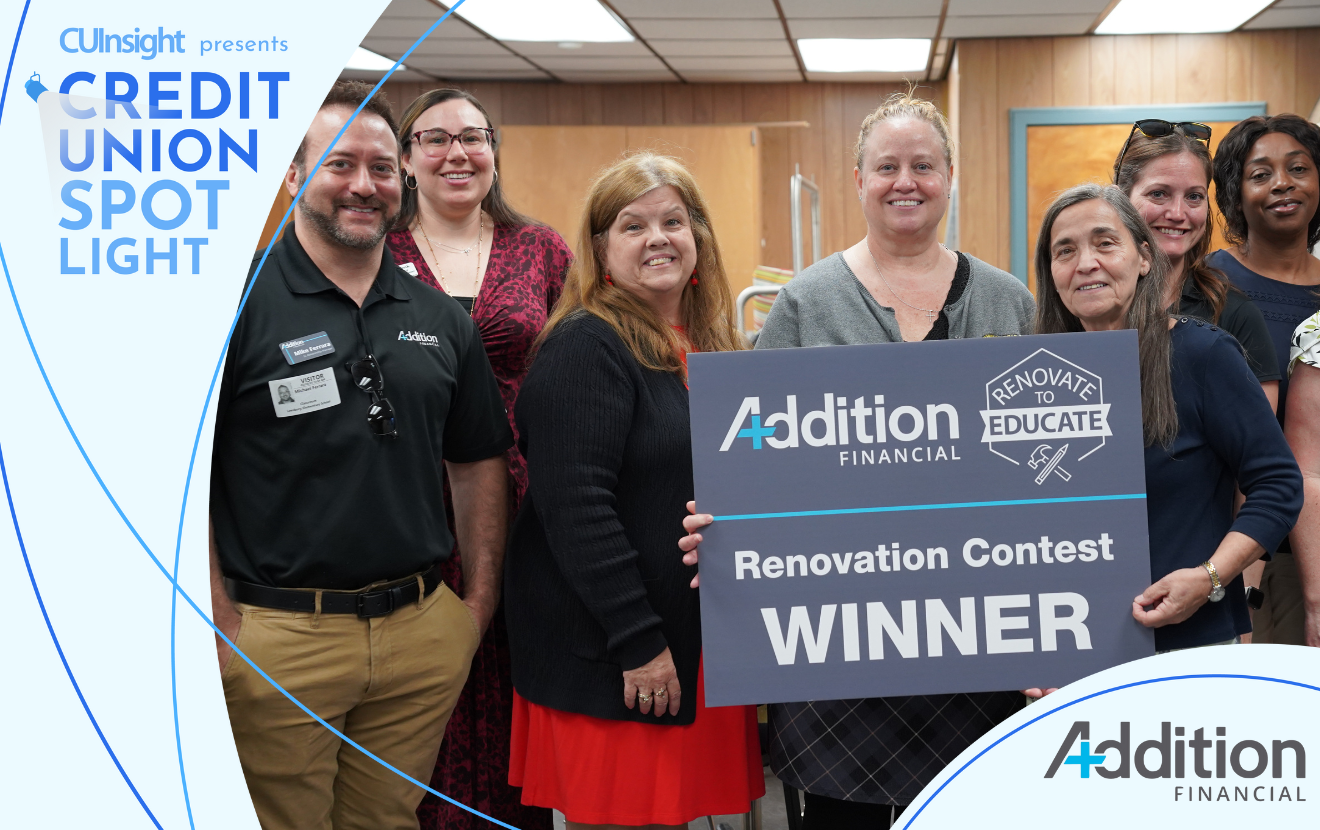Publisher’s Note: CUInsight is hosting a free webinar Wednesday, April 17, “Maximizing ROI: A Deep Dive into Financial Education”. We hope you’ll join us! Register here.
Each Financial Literacy Month, we highlight the importance of credit unions investing in financial education programs for their members and wider communities, not just during April but all year long. But effective financial literacy and wellness programs don’t just happen at the snap of a finger, they require credit unions to invest their time and money.
Just like any other program that requires budget and time, measuring its results and ROI is essential to ensure the program is achieving its goals and returning benefits to your credit union. But with financial education, that process often seems less clear-cut. By breaking down the seemingly ambiguous process of measuring financial education programs, your credit union will be able to create impact and maximize ROI with ease.
Creating impact
Before you’re able to measure or maximize ROI, you’ll need to ensure your financial education program is truly designed to create positive and lasting impact. Not all financial education programs are created equal — programs that simply provide definitions or one-size-fits-all rules void of context or learning retention strategies will not create the impact you need to achieve returns on investment.
Instead, programs that leverage learning science and behavioral psychology techniques better help learners digest and retain new knowledge, helping them improve their financial literacy and overall wellbeing long-term. Moreover, digitally-optimized financial education is essential to exponentially increasing your reach, especially to younger generations.
While designing effective financial education programs can be complicated, you don’t have to do it alone. By working with fintechs who specialize in financial literacy and member engagement, you will save countless time and dollars rather than crafting it yourself.
Measuring results
Despite the incredible impact financial literacy can have on individuals, that impact can often seem challenging to measure clearly. Naturally, it’s intuitive to measure changes in financial knowledge through real-time assessments or pre- and post-tests, but those alone do not create the full picture of your financial education program’s results.
It’s also important to measure qualitative metrics such as learners confidence levels, interests, and impact to their relationship with your credit union. Surveys can help you assess if learners have become more financially confident as well as financially literate, as confidence is an essential part of the financial wellness recipe that allows members to take financial action with your credit union. It can also help assess what financial topics they’re interested in, or if their view of your credit union and their loyalty to it has improved as a result of your education offerings.
Maximizing ROI
Measuring results of your financial education program isn’t just an essential part of understanding the efficacy of your program, it also yields meaningful data you can use to maximize ROI. This data can give you incredibly meaningful insights into your members and your wider community that you can use to better serve them and grow your credit union. Beyond financial education, this data can be used to increase product utilization, brand awareness, membership growth, and so much more. The return on investment you get from financial education programs applies to so much more than financial literacy, it can be used to bolster your credit union as a whole.
To dive deeper into the world of financial education’s ROI, join us for our upcoming webinar. For a more personalized conversation on how your credit union can create and maximize impact from financial education, contact the experts at Zogo through the form below or request an exclusive demo.
Don’t forget to join CUInsight and Zogo for our free webinar, “Maximizing ROI: A Deep Dive into Financial Education“, on Wednesday, April 17. Register yourself and a colleague here.








